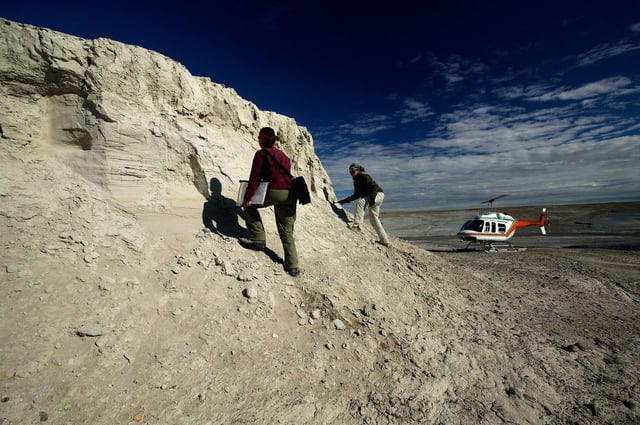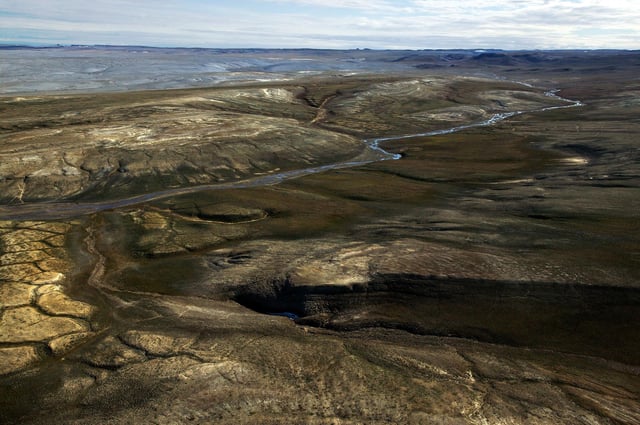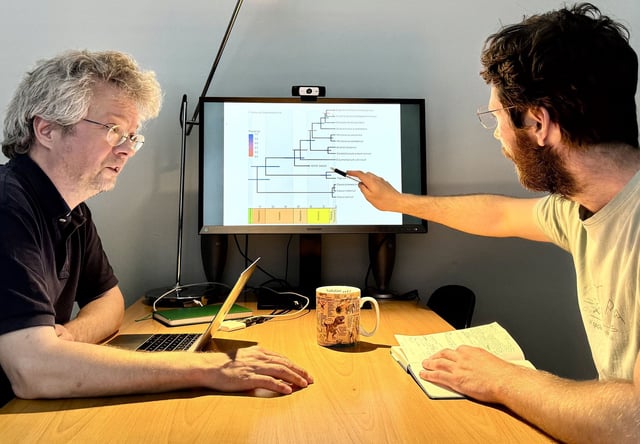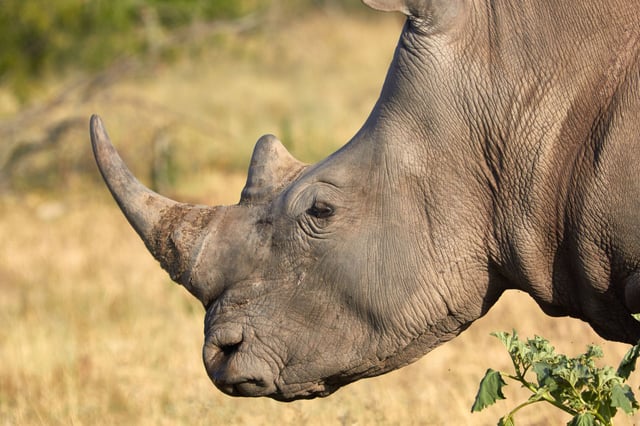Overview
- Scientists extracted seven enamel proteins from a 24-million-year-old rhinoceros tooth in Canada’s High Arctic, establishing the oldest detailed protein sequence on record.
- Comparative analysis of the protein data pinpointed a divergence between ancient and modern rhino lineages to between 41 and 25 million years ago.
- Separate research in Kenya’s Turkana Basin recovered proteins from five fossils dated 1.5 to 18 million years old, demonstrating preservation in tropical conditions.
- Peers have praised the Arctic findings but urged replication of the Kenyan results due to the complexity of its extraction and sequencing methods.
- Teams are now refining paleoproteomic techniques with the goal of applying them to Mesozoic specimens and testing for dinosaur proteins within the next decade.



